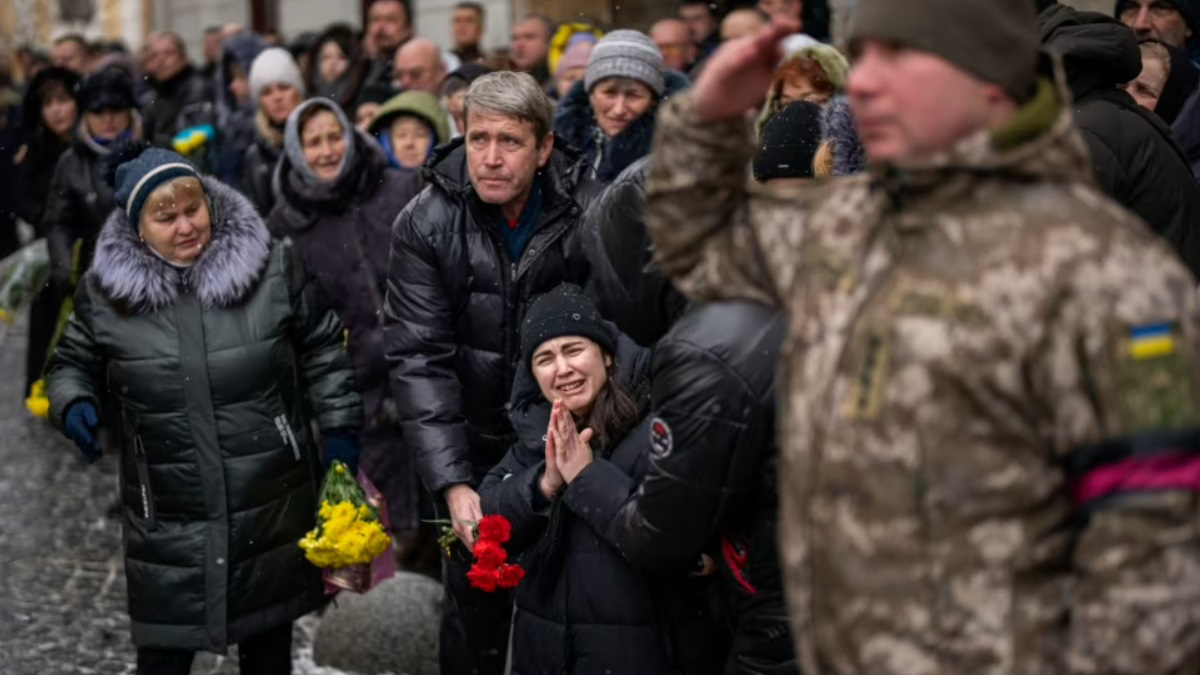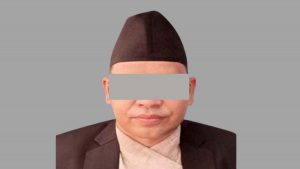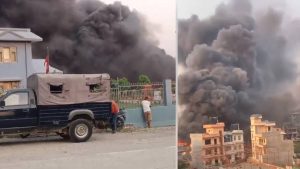
Germany, Denmark, Netherlands to send older, refurbished tanks to Ukraine

UKRAINE: Germany, Denmark and the Netherlands said Tuesday they are planning to send at least 100 older, refurbished Leopard 1 tanks to Ukraine to bolster its defenses as Russia’s invasion nears the one-year mark.
The Leopard 1 tanks were manufactured from the mid-1960s to the mid-1980s and, once made battle-ready again, won’t reach Kyiv’s fighters until the summer months. But the defense ministers of Germany, Denmark and the Netherlands said in a statement that the additional weaponry would “significantly enhance Ukraine’s military potential for the restoration of their violated territorial integrity.”
The German Defense Ministry said Berlin authorities have approved the export of up to 178 Leopard 1 A5 tanks to Ukraine, but said the actual number sent would depend on the refurbishments required. Germany hasn’t used the tanks since 2003.
The new weapons deployment is in addition to Germany’s recent announcement that it would dispatch 14 newer Leopard 2 tanks to Ukraine’s fighters. The United States said it would supply 30 of its front-line Abrams tanks.
Ukrainian officials have been saying for days they expect Russian forces to make new attacks in eastern and southern Ukraine to coincide with the first anniversary of their invasion on February 24, although Western analysts have expressed skepticism about Russia’s ability to carry out a large new offensive.
Meanwhile, Ukrainian Defense Secretary Oleksii Reznikov tweeted Tuesday that reforms in Ukraine operations continue, “even during the war,” in comments that came amid a string of government resignations and firings and rumors that he would be replaced.
“Thank you all for your support, as well as constructive criticism. We draw conclusions,” Reznikov said.
Ukrainian President Volodymyr Zelenskyy has not publicly remarked on comments from a member of parliament suggesting Reznikov would be transferred to another position.
Members of the 3rd Separate Assault Brigade (Azov Unit) of the Armed Forces of Ukraine fire 152 mm howitzer 2A65 Msta-B, amid Russia’s attack on Ukraine, near Bahmut, in Donetsk region, Ukraine, Feb. 6, 2023.
In his nightly address Monday, Zelenskyy said his government is “strengthening our management positions,” including appointing “managers with military experience” in border and frontline regions.
Reznikov has said that while he was not planning to resign, any decision about his future would be made by the president.
The shakeup of Zelenskyy’s government in late January included the resignation of Deputy Defense Minister Viacheslav Shapovalov, who was in charge of logistical support for Ukraine’s forces. He cited allegations about a food procurement scandal that he denies.
Ukrainians bracing for offensive
Ukrainian officials have warned that Russia could be preparing an offensive to show gains as the anniversary of the invasion approaches.
Britain’s defense ministry said Tuesday that Russia has likely been trying to restart offensive operations in Ukraine since early January and that its goal “is almost certainly to capture the remaining Ukrainian-held parts of Donetsk Oblast.”
Britain’s assessment said it is “unlikely that Russia can build up the forces needed to substantially affect the outcome of the war within the coming weeks.”
UN chief warns of escalation
U.N. Secretary-General Antonio Guterres on Monday warned nations that he fears the likelihood of further escalation in the Russia-Ukraine conflict means the world is heading toward a “wider war.”
“The prospects for peace keep diminishing. The chances of further escalation and bloodshed keep growing,” he told diplomats in New York. “I fear the world is not sleepwalking into a wider war. I fear it is doing so with its eyes wide open.”
As Ukraine awaits more weapons from the West to repel Russian forces, Switzerland is close to breaking with a centuries-long tradition as a neutral state, as pro-Ukrainian sentiments pervade public and political sectors, pressuring the government to end its ban on exports of Swiss weapons.
UN Chief: World Needs ‘Wake-Up Call’
Under Swiss neutrality, dating back to 1815 and enshrined by treaty in 1907, Switzerland will not send weapons directly or indirectly to combatants in a war.
Lawmakers are divided on the issue
“We want to be neutral, but we are part of the Western world,” said Thierry Burkart, leader of the center-right FDP party, who has submitted a motion to the government to allow arms re-exports to countries with similar democratic values to Switzerland.
VOA














Comments